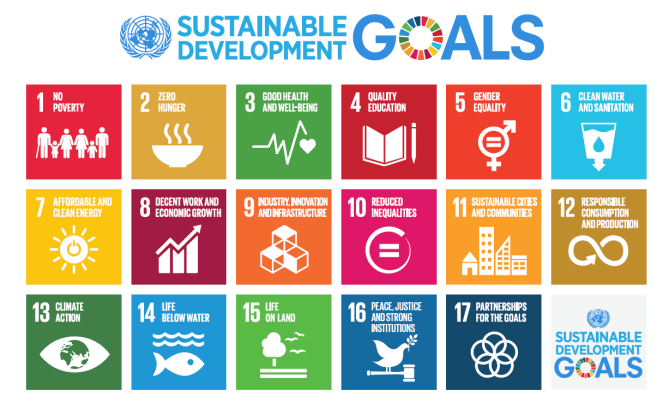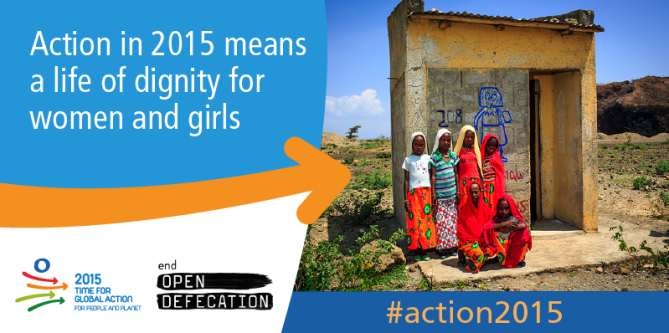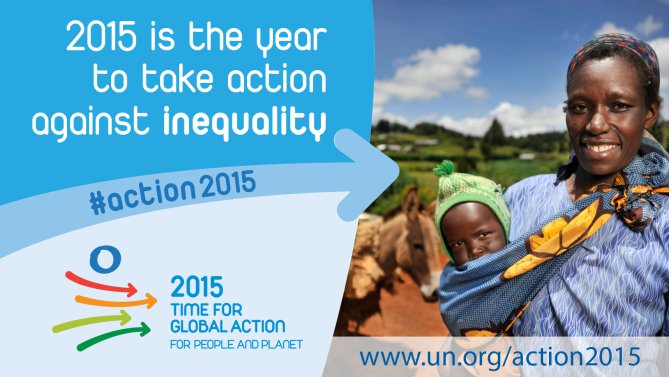 When I lived in Senegal, West Africa for two years serving with the Peace Corps, I spent a lot of time thinking about how lucky I am to be a white woman born in the United States.
When I lived in Senegal, West Africa for two years serving with the Peace Corps, I spent a lot of time thinking about how lucky I am to be a white woman born in the United States.
The women in my village would gently laugh at the way I could barely do any of the chores they had done since they could walk – carry buckets of water on their heads, pound millet and barely for meals, carry a newborn baby on their backs securely using just a strip of cloth.
One of my sisters in the village affectionately called me her “husband”, as I was just as incompetent keeping house as her own husband, who sat on a bench in the shade most of the day with the other men. (Except during harvest season, when they spent the day – alongside the women – in the fields.)
In my village, there was no electricity, no running water. There was a one room school house that barely held classes, and when it did, girls were scarce as they were often helping at their family compounds. Girls were routinely married off, mutilated through FGM, neglected, and forced to give birth at atrociously young ages.
I was trained to deliver talks and information on maternal health care and malaria, topics in which I had no personal experience at the time. The majority of families I met had lost a child, either in childbirth or soon after to malaria or cholera. People took donkey-drawn carts for miles on roads washed out by mud during the rainy season and pockmarked with holes in the dry season, just to get vaccinations for their children or to get broken bones set.
How can I convey the developing world, the poverty, the unbelievable inequality in life experience to my 6-year-old daughter and my 9-month-old son?
To celebrate the United Nations recent adoption of the Global Goals for Sustainable Development, I have elected to write a blog post highlighting Goal #10, Reduced Inequalities. The UN Foundation has identified these Sustainable Development Goals — 17 global goals for sustainable development. These goals will set the world’s agenda for the next 15 years.
Did you know:
*On average—and taking into account population size—income inequality increased by 11 per cent in developing countries between 1990 and 2010.
*A significant majority of households in developing countries—more than 75 per cent of the population—are living today in societies where income is more unequally distributed than it was in the 1990s.
*Evidence from developing countries shows that children in the poorest 20 per cent of the populations are still up to three times more likely to die before their fifth birthday than children in the richest quintiles.
I support the Global Goals for Sustainable Development, and I hope that you will get involved in spreading the word about them using the hashtags #globalgoals and #action2015.
These 17 goals were officially adopted at the UN Sustainable Development Summit on September 25-27 in NYC.
You can show your support at http://www.globalgoals.org/ orhttps://sustainabledevelopment.un.org/post2015/summit.
You can also follow along via social media at:
Twitter: https://twitter.com/un + https://twitter.com/TheGlobalGoals #GlobalGoals #sustainabledevelopment
Facebook: https://www.facebook.com/globalgoals.org
Instagram: https://instagram.com/TheGlobalGoals/

